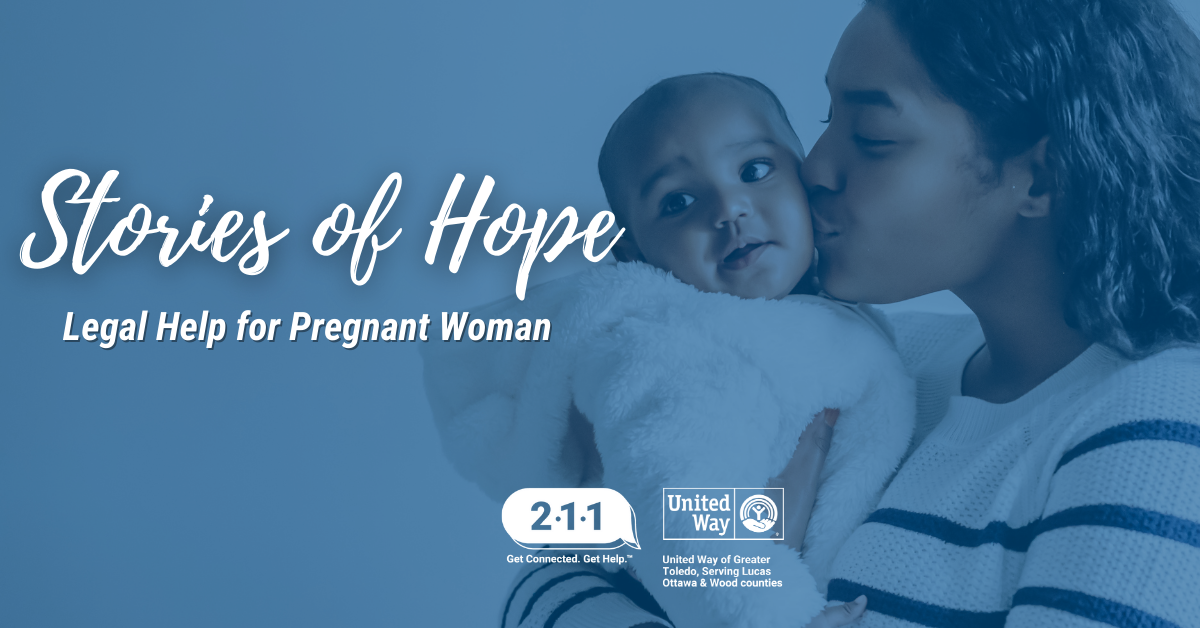It had been months since Tiffany’s water pipe had broken, and the 21-year-old African-American woman was starting to develop symptoms of black mold exposure. There was mold on the walls, on the floor, and even on the ceiling of her apartment, and her landlord had ignored months of requests to fix the problem. Tiffany was concerned both about her health and that of her developing child – she was 7 months pregnant, and couldn’t even safely bring new baby clothes into her home because of the mold in her closet.
Thanks to a partnership funded partly by United Way, Tiffany’s doctor was able to work with Advocates for Basic Legal Equality, or ABLE, to get quick action. ABLE helped Tiffany put her rent into escrow rather than paying it, prompting the landlord to act. Unfortunately, the landlord’s attempts to improve the situation were mostly for show; they cleaned the mold with inadequate products, and even tried to paint over moldy surfaces. In mediation, the landlord claimed that the mold was only dirt. The lawyers eventually negotiated an agreement to replace the wall, but it was too little, too late.
Tiffany went into early labor and delivered a baby girl. She learned in her hospital room that she couldn’t go home for 48 hours due to the renovation. All she wanted to do was to take her new infant home. ABLE convinced the landlord to provide a hotel suite for 3 days, even helping her get there with a LYFT ride share. The landlord finally agreed to move her into a new apartment. Thanks to your support, Tiffany feels like she can breathe again. Her symptoms have improved, and her baby girl is healthy. ABLE is still negotiating for damages to help Tiffany provide what she needs for her daughter.





